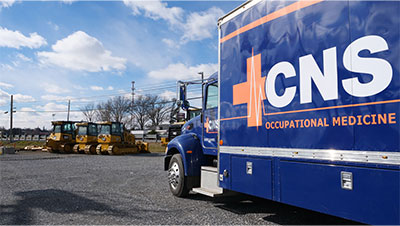India will have something for you no matter what type of traveler you are. With rich culture, food, and a wide range range of environments from beaches to mountains to bustling city life, India has it all. Visit some of the main attractions like the Taj Majal and the Himalayans and you are guaranteed to be satisfied.
Do you need Vaccines to travel to India?
Yes. The CDC recommends the following vaccines if you are traveling to India. Some are recommended however some may be required. The vaccinations include Meningitis, Pneumonia, Chickenpox, TDAP (Diphtheria-Tetanus-Pertussis), Flu (Influenza), Measles-Mumps-Rubella (MMR), Polio, Shingles, COVID-19, Hepatitis A, Hepatitis B, Cholera, Japanese Encephalitis, Measles, Rabies, Typhoid, and Yellow Fever.
Recommended Travel Vaccines for India
| Recommended Travel Vaccine | Vaccine Details |
|---|---|
| COVID-19 | It is recommended that all travelers be up to date with their COVID-19 Vaccine, whether it be first, second, or booster shots. |
| Hepatitis A | The CDC recommends the Hepatitis A vaccination to travelers of all ages. Please call for specifics. |
| Hepatitis B | The CDC recommends the Hepatitis B vaccination to travelers of all ages. |
| Rabies | A Rabies vaccine would be necessary if you were planning to be around dogs or wildlife. Rabid dogs are common in many countries. Reference the above map to verify. |
| Typhoid | The Typhoid Vaccine is recommended to the majority of travelers. |
| Yellow Fever | 9 months or older, traveling to Africa or South America |
| Japanese Encephalitis | The CDC recommends this vaccine for long-term travelers (1 month or more) to China and for short-term travelers (less than a month) involved in risky activities in rural areas, like hiking or camping, no A/C, etc. |
| Cholera | Recommended to any travel going to areas where Cholera is active and has high transmission, such as these areas: Elías Piña, Espaillat, Independencia, Monseñor Nouel, and Santo Domingo. |
| Polio | The CDC recommends Polio Vaccines in booster doses to adults who received their initial shot as a child. The series is recommended for those that are unvaccinated or do not know their vaccination status. Required if arriving from an area of high transmission. |
Routine Vaccines when traveling to India
| Routine Vaccines | Vaccine Details |
|---|---|
| Chickenpox | The CDC recommends that children under the age of 13 have 2 doses as long as the second dose is 3 months after the first dose. If over 13, get doses at least 28 days apart. |
| TDAP (Diphtheria-Tetanus-Pertussis) | It is recommended that everyone get the TDAP vaccine according to the CDC. |
| Flu (influenza) | Based on CDC recommendations, anyone 6 months or older should receive the flu vaccine. |
| Measles-Mumps-Rubella (MMR) | The CDC recommends a dose of the MMR Vaccine to infants from 6 to 11 months that are traveling. |
| Shingles | The CDC recommends the shingles vaccine for adults ages 50 years and older and the doses should be given 2 to 6 months apart. |
| Meningitis | Recommended for any individual who does not have the vaccination and or is considered a risk. |
| Pneumonia | There are multiple types of pneumonia vaccines meant to protect against pneumococcal disease. Review each vaccine on the CDC website. |






